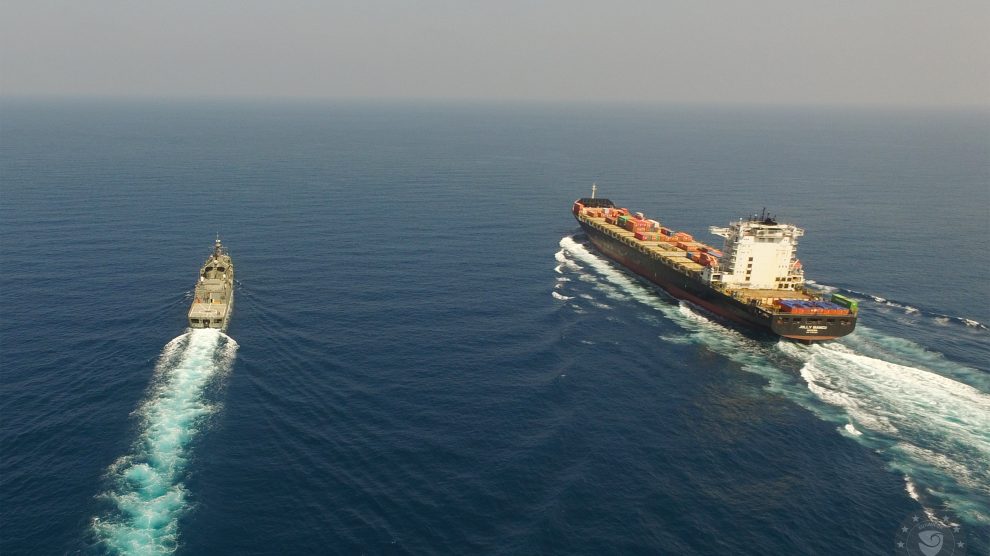Driving the news. Houthi rebels have issued a stark ultimatum to Israel – allow humanitarian aid into Gaza within four days or face a new wave of attacks in the Red Sea.
- With the deadline set for today, 11 March, the threat is deemed credible based on past operations in one of the world’s most critical trade corridors.
State of play. The Houthis’ naval campaign, initiated in late 2023 and temporarily halted by a truce, has already disrupted global shipping.
- Cargo delays on the Asia–Europe–America route have surged by 25%, forcing companies to reroute vessels around the Cape of Good Hope, thereby raising costs and stoking inflationary pressures.
- A notable incident involved the tanker Sounion, which was attacked in August and later towed through the Suez Canal after sustaining extensive damage.
- The incident sparked fears of a significant oil spill and incurred recovery costs amounting to millions.
Divergent approaches. While the United States and the United Kingdom have adopted a kinetic strategy by stepping up airstrikes on Houthi missile sites, Europe has maintained a more defensive posture.
- The EU’s Operation Aspides is designed to protect commercial traffic but lacks the offensive capacity of its Anglo-American counterparts.
Zoom in. Italy is quietly crafting a comprehensive response that blends military protection with diplomatic engagement.
- Operational front: Rome currently commands the EU’s Aspides mission and recently hosted a strategic review at its Centocelle base, where military leaders, including General Giovanni Maria Iannucci, underscored the vital role of maritime security in safeguarding supply chains.
- Political track: The Italian Foreign Ministry has convened a diplomatic roundtable with Aspides officials and Yemen’s Ambassador to Italy, Asmahan Al-Toqi, to address Yemen’s internal dynamics and signal that maritime security and political stabilisation are inseparable.
Why it matters. The Houthi campaign in the Indo-Mediterranean is not merely a regional threat but a case study of how peripheral conflicts can destabilise global systems.
- As the rebels broaden their targets beyond vessels linked to Israel and frame their struggle in anti-Western terms, the EU’s capacity to remain a proactive stakeholder is being critically tested.
The EU litmus test. The Houthi threat is now a litmus test for Europe’s strategic autonomy.
- Italy’s dual-track approach – combining robust maritime security with active diplomatic outreach – offers a potential model for the EU.
- To truly safeguard its interests in an increasingly unstable global environment, the EU must shift from being a passive spectator to a committed stakeholder.
(Photo: X, @EUNAVFORASPIDES)




